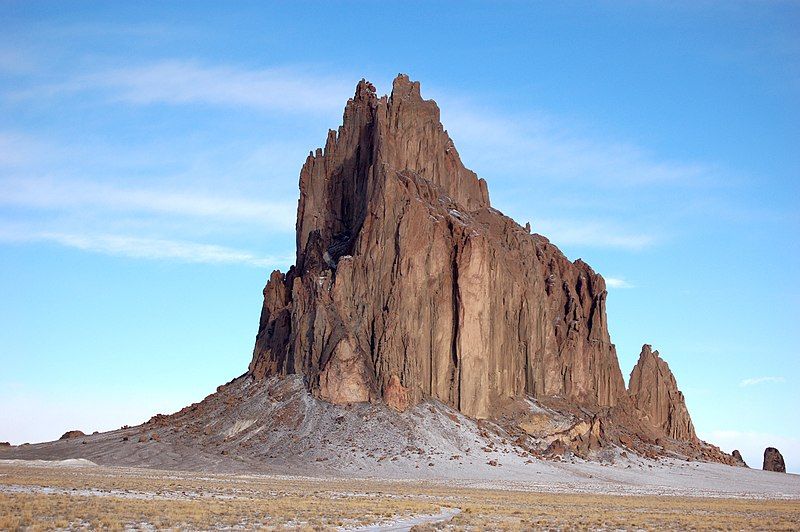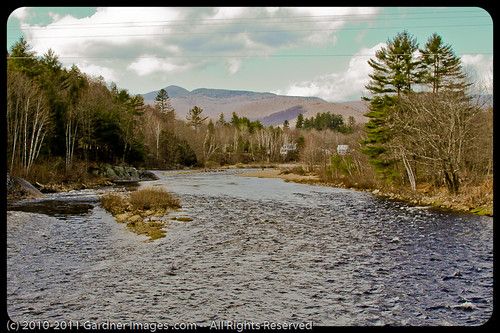It is a fascinating subject, the origin of names, particularly in countries that have been around for a while. English place names can have roots millenia deep and have transformed many times over the centuries.
Here is a good site for digging into the past:
http://www.nottingham.ac.uk/~aezins//kepn.php
It's one of my many hobbies, when it comes to place names.
"Countries that have been around for a while?" A little of that unconscious chauvinism showing, Marc?
English place names can have roots millenia deep, and have transformed many times over the centuries?
(And please, I mean no offense. You can't help it, and I can't help pointing it out....:lfao

Long before Captain Cook arrived in the Hawaiian Islands, those people had names for the place and its geological features-names with
roots millenia deep.....
My mother's mother was Wind River Shoshone,
White Knives Clan. They were called that because they have a special place to get this white flint that they made knives from-before the Europeans came-hell, maybe before eastward migration reached the Ohio River Valley-not long ago, I got taken to that place. I won't name it here, because.....well, I just can't-but it's a name that has roots
millenia deep, and, since not many others call it by that name I won't use, it's been
transformed many times over the centuries.
The Dine-most call them Navaho-believe that they came to the Four Corners region of the southwest from the north on the wings of a great bird. Interestingly, the dialects of the Pacific Northwest and Inuit people are Athabascan, just as the Dine is, so the Navaho
did come from the north-and most of them these actually believe they
walked all that way. Anyway, in the Four Corners region there is a rock formation called
Tsé Bitʼaʼí, or "rock with wings" for the winged bird that brought them there.It's associated with many, many legends, rituals and ceremonies-it's sacred. When Europeans first saw it, they called it "the Needle," but by 1870, they were calling it "Shiprock," for its vague resemblance to a 19th century clipper ship. So, it's name has
roots millenia deep and
have transformed over time.
I'm not even going to get into all the native names for places back east, where I came from-I've already mentioned some which clearly would have
"roots millenia deep" and to have
"transformed over time."
Where I grew up, there are a lot of hills. One of them was used during our Revolutionary war-a war of "colonial treason," if you like-as the place to hang the British and those that sympathized with them. The road that goes over it, now, to Continental Village, where the Continental Army camped , is called
Gallows' Hill Road. Of course, I'm sure the natives had another name for it, if they ever had a name for it, but I think it's lost-as sometimes happens to things that have
roots millenia deep.



